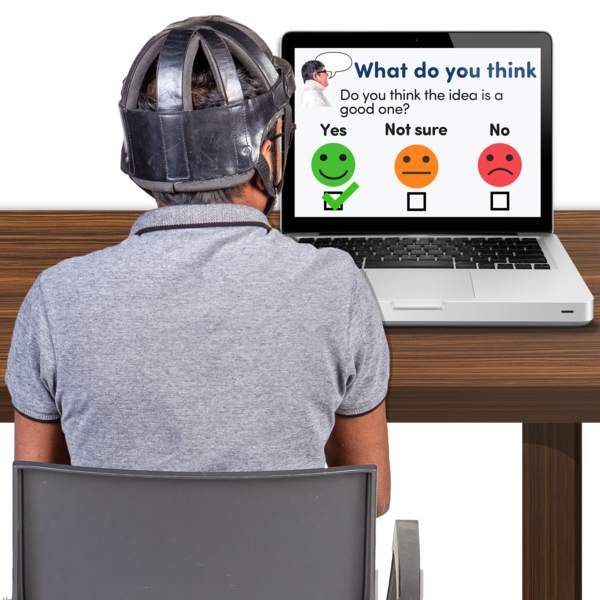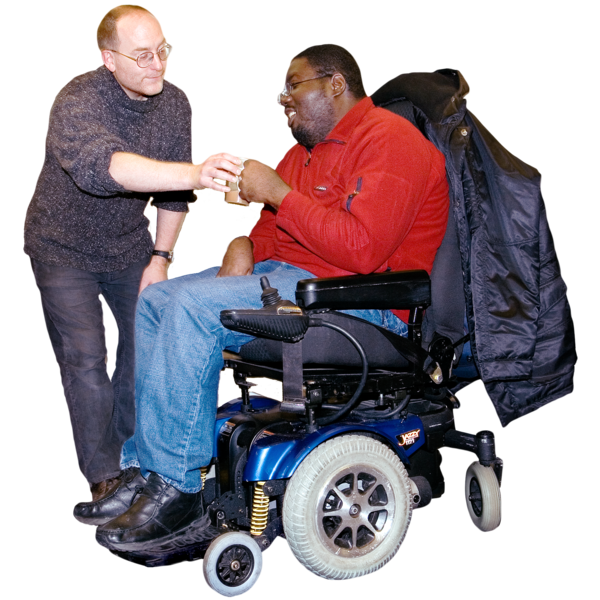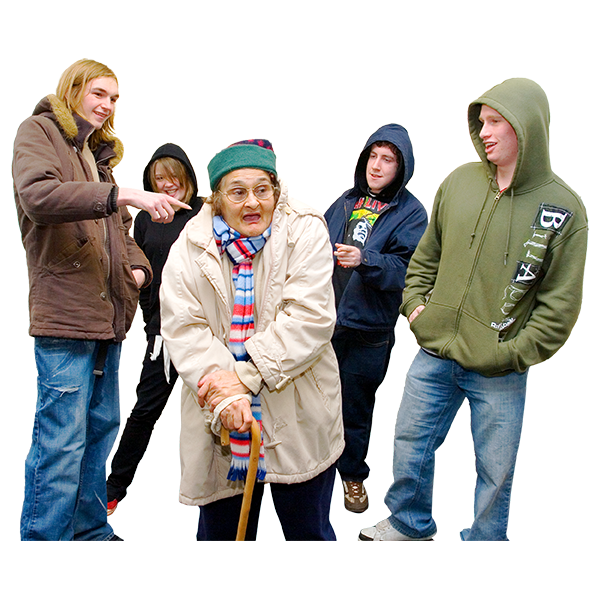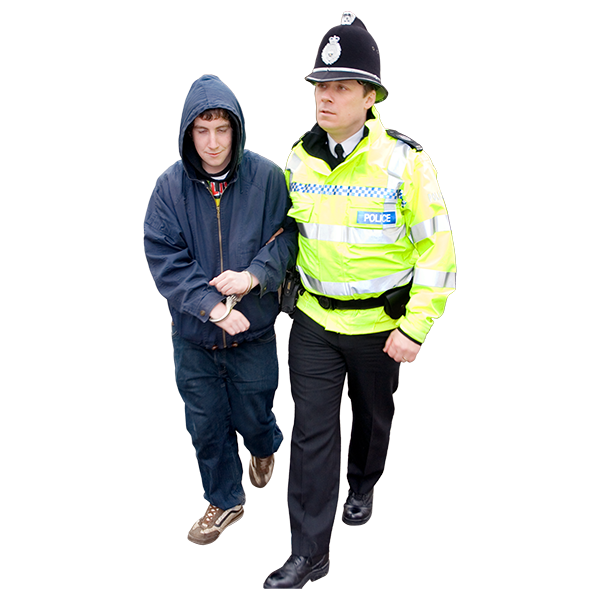In a rare
survey
 A survey is when someone asks you to answer some questions.
of 18-35 year olds with a
learning disability
A survey is when someone asks you to answer some questions.
of 18-35 year olds with a
learning disability
 A learning disability is to do with the way someone's brain works. It makes it harder for someone to learn, understand or do things.
30.1% of those surveyed said they spend less than 1 hour a day outside their homes on a typical Saturday.
A learning disability is to do with the way someone's brain works. It makes it harder for someone to learn, understand or do things.
30.1% of those surveyed said they spend less than 1 hour a day outside their homes on a typical Saturday.
The survey also explored issues of isolation for young people with a learning disability, finding that:
- 30.1% spent less than 1 hour outside their homes on a Saturday
- 49.3% would like to spend more time outside their house
- 44.6% do not think they spend enough time with friends
- 17.8% feel alone and cut off from other people
- Of those who were too worried to leave the house
- 33.7% were worried about being bullied
- 25.7% worried about being laughed at when leaving the house.
A combination of public attitudes,
cuts
 Cuts are when there is less money to pay for things like clubs and support.
to
social care
Cuts are when there is less money to pay for things like clubs and support.
to
social care
 Social care means the services that give care and support to people who need it.
and a woefully low rate of just 6% of people with a learning disability in paid
employment
Social care means the services that give care and support to people who need it.
and a woefully low rate of just 6% of people with a learning disability in paid
employment
 Employment means having a job.
are all contributing to many being stuck at home and increasingly isolated.
Employment means having a job.
are all contributing to many being stuck at home and increasingly isolated.
A general public poll commissioned by Mencap and run by Populus also revealed that:
- 39% of those surveyed said they see people with a learning disability taking part in social activities just once a month or less
- Only a third of people (34%) said they see people with a learning disability taking part in social activities once a week or more.
Mencap wants to highlight how many people with a learning disability can become cut off from the opportunities to have an active social life, and to encourage the public to engage with people with a learning disability and not feel uncomfortable.
We are calling on the public to sign up to Mencap’s Sidekicks programme to support people with a learning disability have an active social life whilst breaking down negative perceptions of learning disability.
Ciara Lawrence, who has a learning disability and is a Campaigner for Mencap said:
I was diagnosed with a learning disability when I was ten. I can remember my childhood being full of “you can’t do this”, “you shouldn’t do that”, or “don’t bother with this”. My social life was limited and protected and early on I didn’t get the support I needed to go out and make my own choices in life.
However, due to getting the right support I now have a full-time job, I am married and have a good social life. But I know I’m one of the lucky ones. I’ve seen people with a learning disability laughed at in my local pub, being stared at and bullied in supermarkets and made to feel awkward wherever they go, for no reason other than discrimination
Discrimination is when someone is treated differently (usually in a bad way) because of things like their disability or their religion
Religion is to do with the things you believe about the world. For example you may believe there is a god or something else. Examples of religions are Christianity, Hinduism, Islam and Judaism. . .
For people with a learning disability it takes courage to go out the house and try to make friends. The opportunities aren’t always there and it’s easy to become stuck indoors and feel trapped.
People shouldn’t be afraid of people being different. The public should be shocked to hear people with a learning disability can spend less than 1 hour a day outside their house. We need to stop feeling afraid for no reason and break down the barriers that are denying people with a learning disability the right to a social life.
Neil Dando, 31, a talented musician, who is often afraid to leave his house since he was a victim of
hate crime
 A hate
crime
A hate
crime
 A crime is when someone does something wrong and breaks the law.
is when someone is hurt or bullied because of things like: their disability or their religion.
said:
A crime is when someone does something wrong and breaks the law.
is when someone is hurt or bullied because of things like: their disability or their religion.
said:
For me having a learning disability seemed to mean other people think they can get away with treating me differently and bullying me without any consequence. It started off with small things and then meant I was too afraid to leave my house and had to move.
“I’m a huge music fan and want to be social and take part in all kinds of fun activities at the weekend like anyone else. However the bullying has put a dampener on my social life. All I have really got is my bike and guitar. I spend a lot of time inside every day, it’s pretty boring really.
“I want people to understand what it’s like to feel alone, and be more understanding of people with a learning disability. I want to dream big and go all the way with my music. I have the same right as anyone else to go out and have fun, and I hope the rest of society can realise that too and give a little bit of support to people like me along the way.
-ENDS-
For further information or to arrange interviews, please contact the Mencap press office on 020 7696 5414 or media@mencap.org.uk.
Notes to editors
About Mencap
There are 1.5 million people with a learning disability in the UK. Mencap works to support people with a learning disability, their families and carers by fighting to change laws, improve services and access to
education
 Education is when you learn things. When you fill in a form to get a job, education means you write where you went to school, college or university.
, employment and
leisure
Education is when you learn things. When you fill in a form to get a job, education means you write where you went to school, college or university.
, employment and
leisure
 Leisure is when you have time to do things you enjoy like playing sports or going to the pub.
facilities. Mencap supports thousands of people with a learning disability to live their lives the way they want.
Leisure is when you have time to do things you enjoy like playing sports or going to the pub.
facilities. Mencap supports thousands of people with a learning disability to live their lives the way they want.
For advice and information about learning disability and Mencap services in your area, contact Mencap Direct on 0808 808 1111 (9am-5pm, Monday-Friday) or email help@mencap.org.uk.
What is a learning disability?
A learning disability is a reduced intellectual ability which can cause problems with everyday tasks – for example shopping and cooking, or travelling to new places – which affects someone for their whole life.
People with a learning disability can take longer to learn new things and may need support to develop new skills, understand difficult information and engage with other people. The level of support someone needs is different with every individual. For example, someone with a severe learning disability might need much more support with daily tasks than someone with a mild learning disability.
Learning disability is not a mental illness or a learning difficulty. Very often the term ‘learning difficulty’ is wrongly used interchangeably with ‘learning disability’.